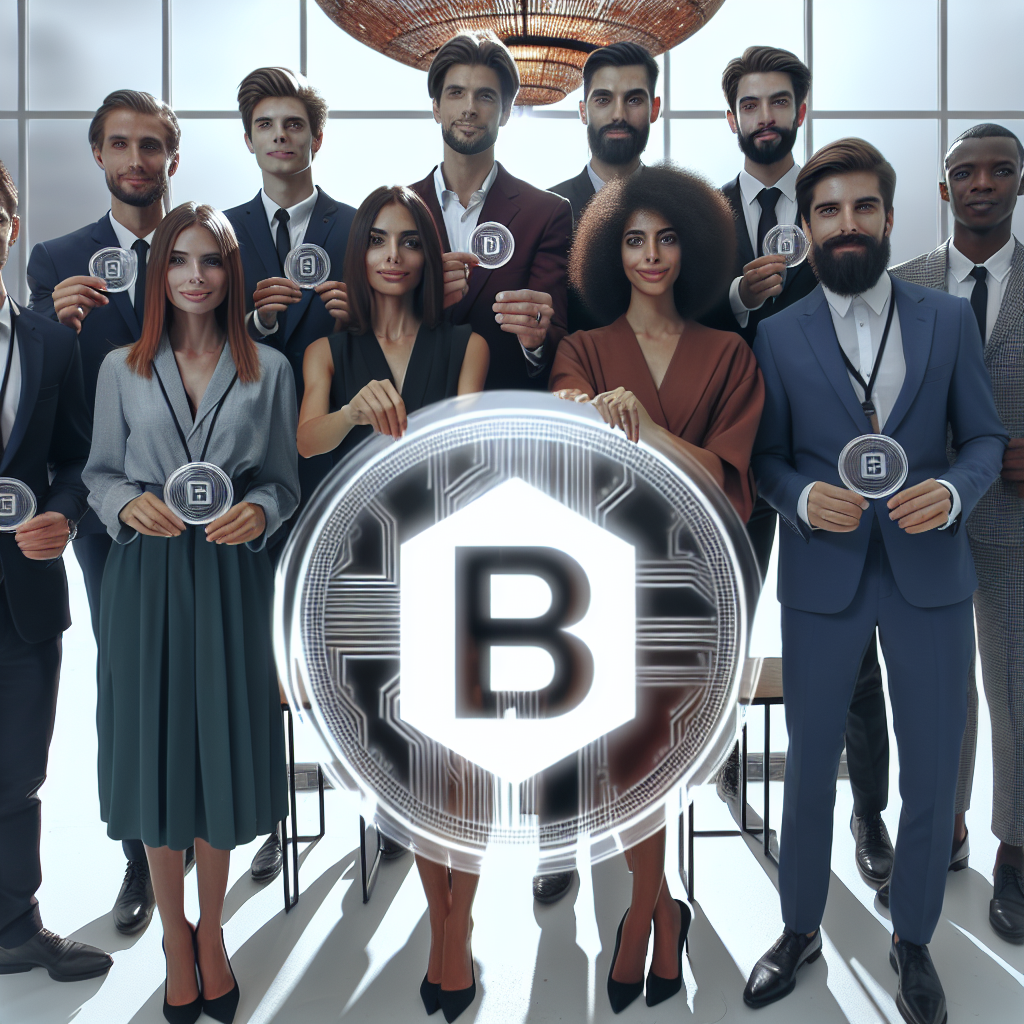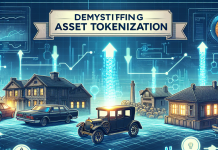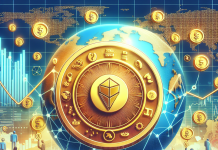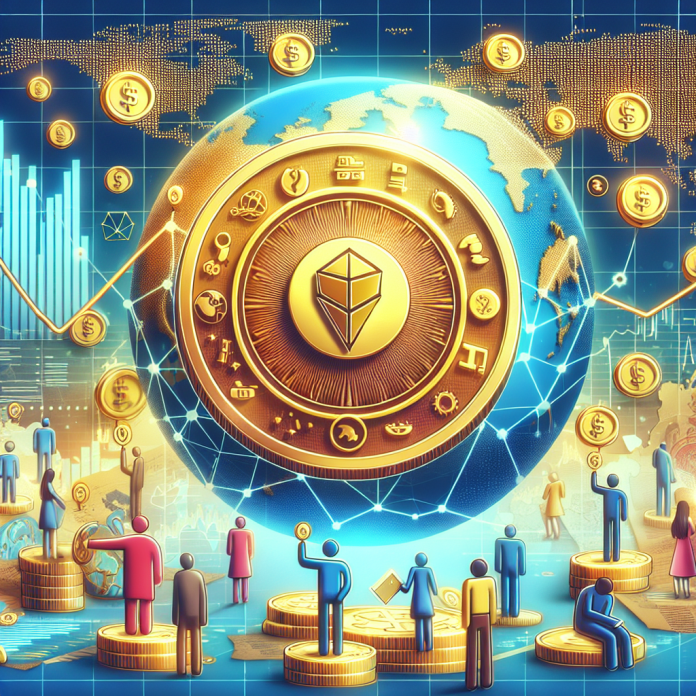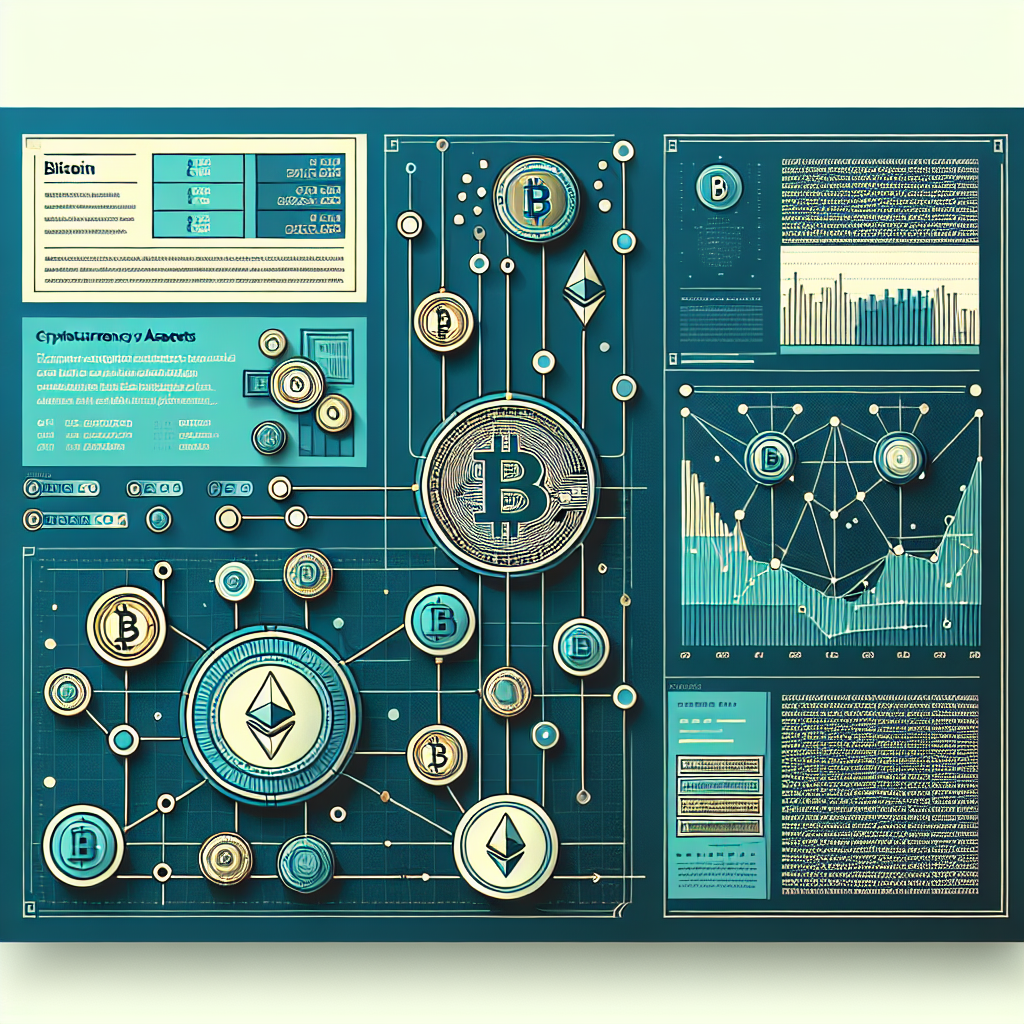Understanding the Significance of Token Holders in the Digital Economy
In today’s digital economy, the concept of token holders represents a central element that underpins the burgeoning field of cryptocurrencies and digital assets. As financial technology evolves and blockchain-based initiatives become more prevalent, it is imperative for those within the tech and financial sectors to grasp the implications of this shift. For readers familiar with traditional stock ownership, the role of token holders is both distinct and congruent in many ways. With an eye on clarity, let’s embark on a journey to dissect the notion of token holders and articulate their importance in the digital asset ecosystem.
The Basics of Tokens and Token Holders
To begin with, tokens are digital assets that exist on a blockchain. They can represent a plethora of rights and assets – from tokens that symbolize ownership in a company, similar to stocks, to tokens that represent a claim on a physical asset or a right to services. Token holders, by definition, are individuals or entities that possess these digital assets. Due to the decentralized nature of blockchain technology, token holders can manage their assets without intermediary authorities like banks or traditional stock exchanges.
The enticement of tokens lies in their versatility and ability to tokenize virtually anything of value, thus unlocking liquidity and access to capital in previously illiquid markets. Token holders are often seen as pioneers in this new financial landscape, recognizing the potential for gain and innovation that tokens offer.
Tokens as a Gateway to Innovation
Blockchain has served as a fertile ground for launching various types of tokens, from utility tokens that provide access to a specific blockchain service, to security tokens that function more like digital shares of a company. The advent of Non-Fungible Tokens (NFTs), which represent unique assets, has further widened the horizon for token holders, allowing them to have verifiable ownership of digital art, collectibles, and more.
Token holders, therefore, act as a new class of investors and participants in a system that rewards early adoption and encourages a community-driven approach to value creation. By acquiring tokens, these holders are not just investing financially; they are often engaging with the platforms and projects they support, providing a new dimension to the concept of “shareholder” engagement.
Understanding the Rights and Responsibilities
Token holders’ rights can vastly differ depending on the nature of the token itself. With utility tokens, holders may have the right to access a platform or service, while with security tokens, they could be entitled to dividends, voting rights, or a share in the company’s profits. Governance tokens confer a say in how a particular project develops, providing holders a voice in decisions that impact the direction and use of a platform.
However, with these rights also come responsibilities. Token holders need to perform due diligence before purchasing, as the largely unregulated nature of the cryptocurrency space can lead to increased risks. Transparency and understanding of a token’s underlying project are paramount to making informed decisions. Additionally, navigating the security aspect of holding digital assets, with proper storage and management of private keys, is a critical competency that token holders must develop.
Risks and Rewards for Token Holders
Token holders are at the forefront of capturing the economic potential that blockchain technology offers, but this comes with its own set of risks. The market for digital assets is volatile, and regulatory uncertainty can lead to dramatic shifts in token valuations. Moreover, the technology is still in its nascent stages, and there are concerns around security, fraud, and project failure that token holders must be mindful of.
On the flip side, the rewards can be substantial. Token holders often benefit from rises in token prices due to market speculation, adoption, or the success of the underlying project. For many, the allure of participating in cutting-edge technology projects and potential financial returns is a compelling incentive.
Entering the World of Token Holding
For beginners interested in becoming token holders, the path forward involves education and cautious participation. Before acquiring tokens, potential holders should conduct thorough research into the projects they’re considering, understand the technology involved, and familiarize themselves with the digital wallets and exchanges necessary for transactions.
Furthermore, embracing community resources, such as forums or social media groups, can help new token holders gain insights and keep up with the rapidly evolving space. As token holders, maintaining an awareness of regulatory changes and cybersecurity best practices can safeguard one’s investment and ensure a more positive experience.
Conclusion
Token holders stand at the forefront of a financial revolution, disrupting traditional concepts of ownership and investment. Engaging with this movement requires an open mind, a willingness to learn, and the tenacity to navigate its highs and lows. As the infrastructure supporting tokens matures and regulations become clearer, we anticipate a surge in token adoption and a new era of digital asset management. For those ready to embark on this journey, understanding the role and dynamics of token holders is an indispensable first step into the digital future.
